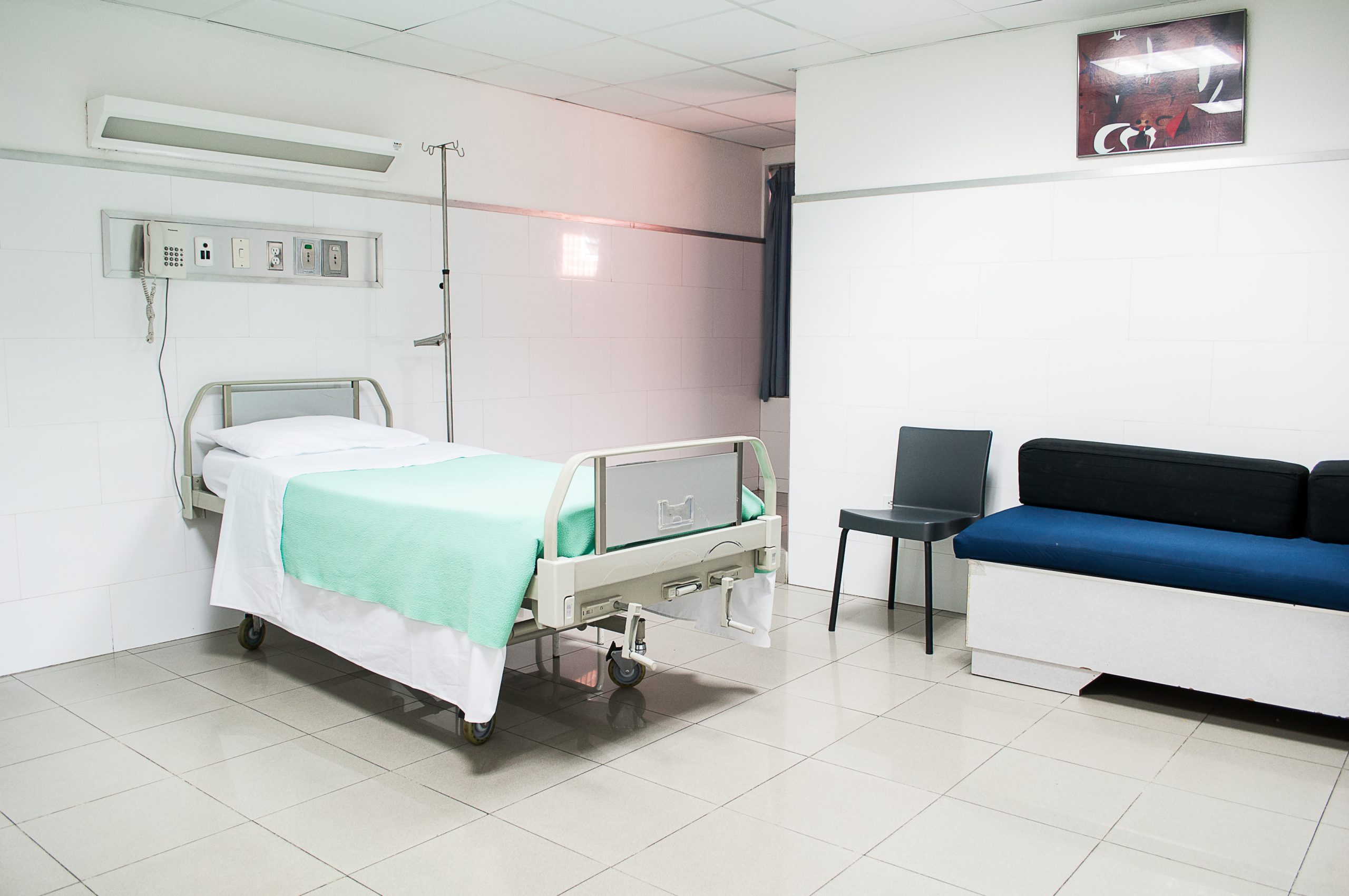Living with dysautonomia can be difficult, but there are many ways to stay healthy and feel better. Several ways to improve your overall health include eating healthier and exercising regularly. You may also want to visit a doctor for a diagnosis. First, however, it is essential to know about the symptoms of dysautonomia so you can make the right choice.
Diagnosis
Diagnosis of dysautonomia is often tricky, as the symptoms are often elusive. This chronic illness can cause problems with a variety of organs and can often go undiagnosed. Patients often have their hearts, and digestive systems checked as part of the diagnosis process.
Diagnosis of dysautonomia is critical to the treatment of the disorder. The symptoms of dysautonomia are often debilitating and can make daily tasks difficult. It can cause significant disability, similar to COPD or congestive heart failure. In extreme cases, the patient’s symptoms can cause severe problems, including broken bones and traumatic brain injuries. The symptoms of dysautonomia can also interfere with a person’s ability to work, attend school, or engage in social activities.
Other symptoms of dysautonomia include a rapid heartbeat, lightheadedness, and fainting. Patients with this disorder may also experience multiple system atrophy. In some cases, symptoms may become worse after exposure to stress or heat. As a result, people with dysautonomia may limit their activities and isolate themselves to compensate for their symptoms. Sadly, the condition remains unknown to the general public, and many sufferers go undiagnosed, leaving their symptoms undiagnosed. Dysautonomia Denver area also has patients undergoing treatments and joining support groups. In this way, they can support, encourage, and console the other group members who also have the same disease by sharing their experiences and receiving the same in return.
Treatment
Treatment for dysautonomia includes a variety of methods to alleviate the symptoms. Physical therapy, exercise therapy, and counseling may all be used as part of the treatment plan, depending on how severe the problem is. A physician, such as a neurologist or a cardiologist, will be able to determine the most appropriate treatment plan. Medications may also be prescribed to reduce the severity of the symptoms.
The autonomic nervous system, or ANS, is a complex system of nerves that maintains the body’s automatic functions. When this system is imbalanced, it can lead to dramatic symptoms, including an increased heart rate, a decreased blood supply, and a slowed or irregular heart rate. In addition, some conditions can result in autonomic dysfunction, including multiple sclerosis, Guillin-Barre syndrome, and diabetes.
The study analyzed 249 children with neurological disorders who were treated at the Children’s Institute of Pittsburgh. Of these children, 21 (63%) were diagnosed with dysautonomia before admission to rehabilitation. Another nine (27.3%) were diagnosed during the repair. Three children with dysautonomia were readmitted to the hospital after discharge.
Symptoms
Symptoms of dysautonomia are pretty bizarre and can affect the entire body. They can include loss of sweating, shortness of breath, or slurred speech. The condition can also result in chest pains and dizziness, making the extremities feel cold or numb. The situation is estimated to affect one percent of teens and adults.
Diagnosis is a complicated process; getting the correct diagnosis can take time. For this reason, it is recommended that you speak to your primary care provider about your symptoms. They may refer you to a board-certified neurologist specializing in nervous system disorders.
Familial dysautonomia is a genetic disorder caused by a mutation in the ELP1 gene. Symptoms often begin during childhood. Infants affected by familial dysautonomia may experience poor muscle tone, a lack of tears, and poor feeding. Up to one-third of affected children experience learning disabilities. In addition, patients with familial dysautonomia may experience decreased sensitivity to pain. The condition is most prevalent in people of Ashkenazi and Eastern European descent.
Treatment Options
If you are suffering from symptoms of dysautonomia, there are many treatment options. These can include medications that restore autonomic function and lifestyle changes tailored to your specific symptoms. For example, if you have heart rate or blood pressure problems, you may need to eat more fluids or take more salt than usual. Similarly, if you suffer from frequent fainting spells, you may need to change your posture.
Currently, there is no cure for dysautonomia, but it can be managed with lifestyle changes and medications. If an underlying health condition causes your dysautonomia, addressing this condition can help control symptoms and help you live a longer and healthier life. You should visit a medical professional regularly for the most effective treatment options.
One of the leading causes of dysautonomia is a malfunction in the peripheral nervous system. If your peripheral nervous system is damaged, it interferes with nerve signal transmission. There are cases where the condition may be inherited. In others, it may be caused by an underlying autonomic disorder. Some types of dysautonomia go away on their own and require no treatment, but for the majority, it is necessary to take medication and make lifestyle changes.


 Home
Home









